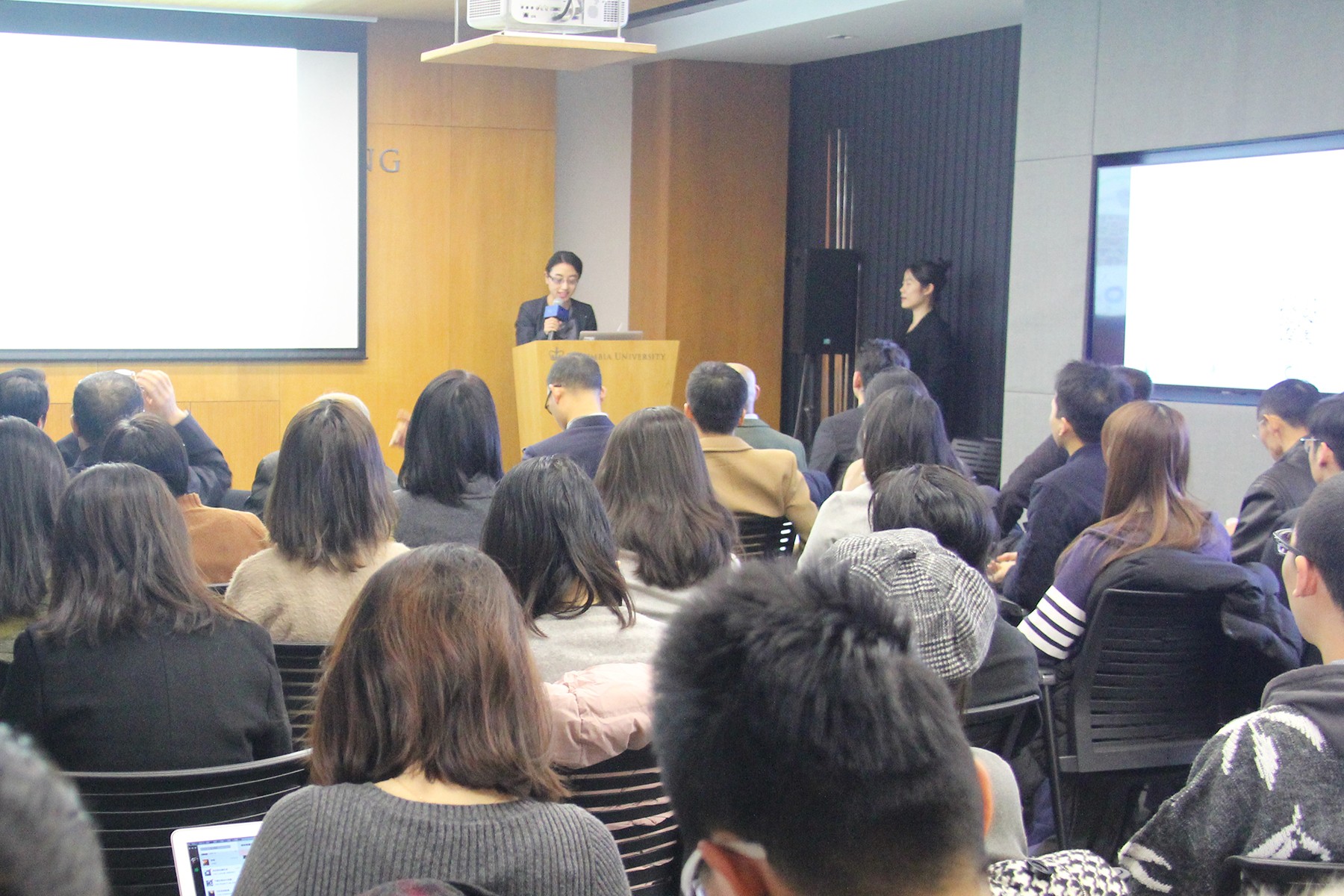The 25th UN Climate Change Conference COP25 closed on Dec 15th with no agreement achieved. However, Chinese enterprises have been putting efforts into combating climate change. According to a report by the Ministry of Ecology and Environment of PRC, China’s carbon emissions per unit of GDP fell by 45.8% in 2018 from 2005 level.
On December 19, the Beijing Center invited China Business Climate Action for a press conference with a sharing session on "2019 Business Climate Action Cases", showcasing the best practices of carbon footprint management in China.
Here are some takeaways from this program:
- Enterprises are the core of energy transition and deep emission reduction, and they are also the pioneers of new economy. The zero-carbon goal requires a long-term strategy of companies, promotion of government policies, support from consumers, and drive of new technologies. -- Junke JIANG, Researcher, Energy Research Institute, National Development and Reform Commission
- BROAD Group adopts non-electric heat pump to recover low-temperature smoke exhausted from gas boiler, which can save natural gas by nearly 3.77 million CBM per year and reduce the emission of carbon dioxide by over 7,535 tons per year.
- JD Digits used “AI and Thermal Power” intelligent optimized control system to reduce air pollution and greenhouse gas emissions. If the technology could be used among more than 2,000 power generating units nationwide, it would save 6.3 million tons of coal annually and reduce 15.7 million tons of carbon dioxide emissions at the same time.
- Mantrue Digital transformed the third canteen at Zhejiang University Yuquan Campus into an all-electric kitchen, which reduced energy consumption by 74%, carbon emission by 44%, and energy expenditure by 55% effectively.
- Metro AG China introduced China's first carbon dioxide cascade refrigeration system to save electricity, reduce Freon emissions, and protect ecosystem.
- State Grid Hangzhou Electric Power Supply Company launched the Low-carbon Hospitality Program to reduce energy consumption.

